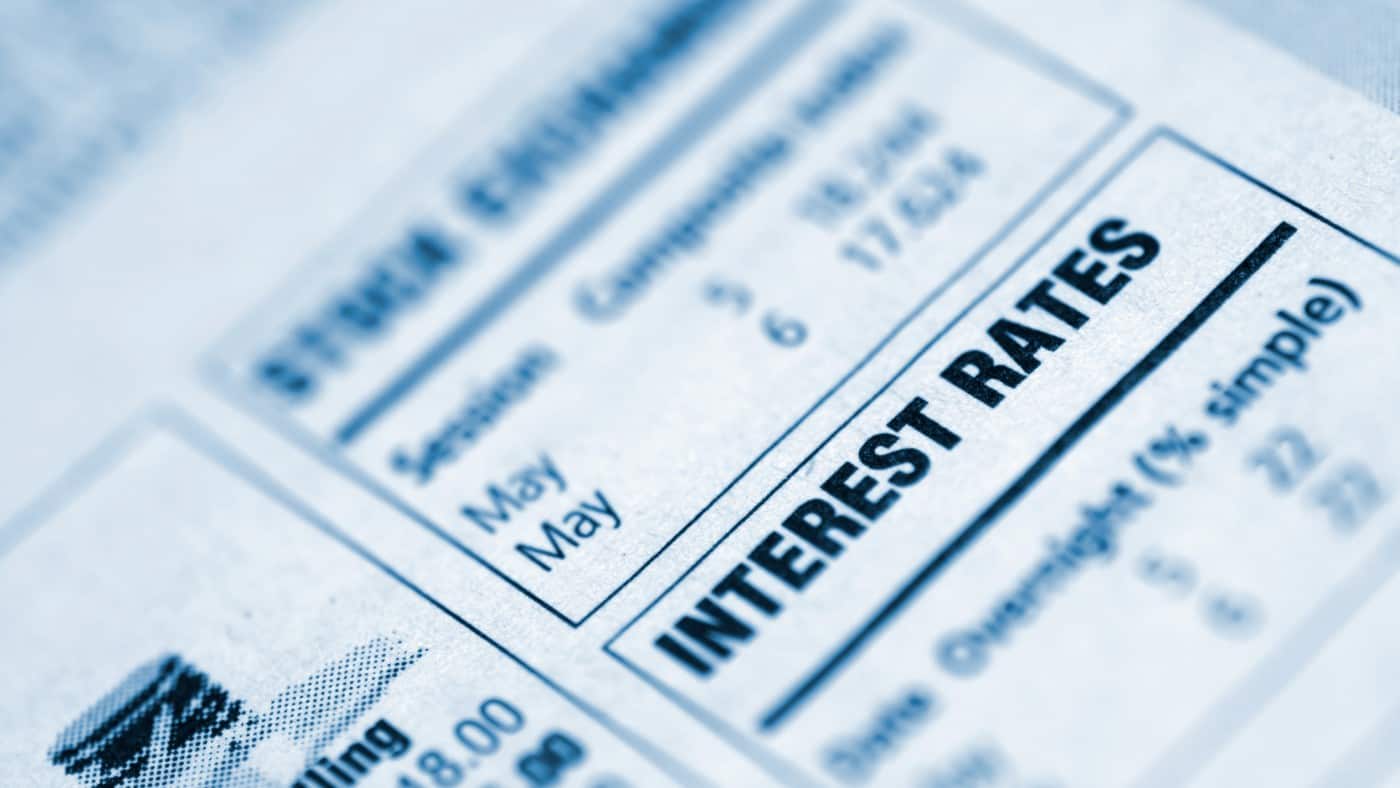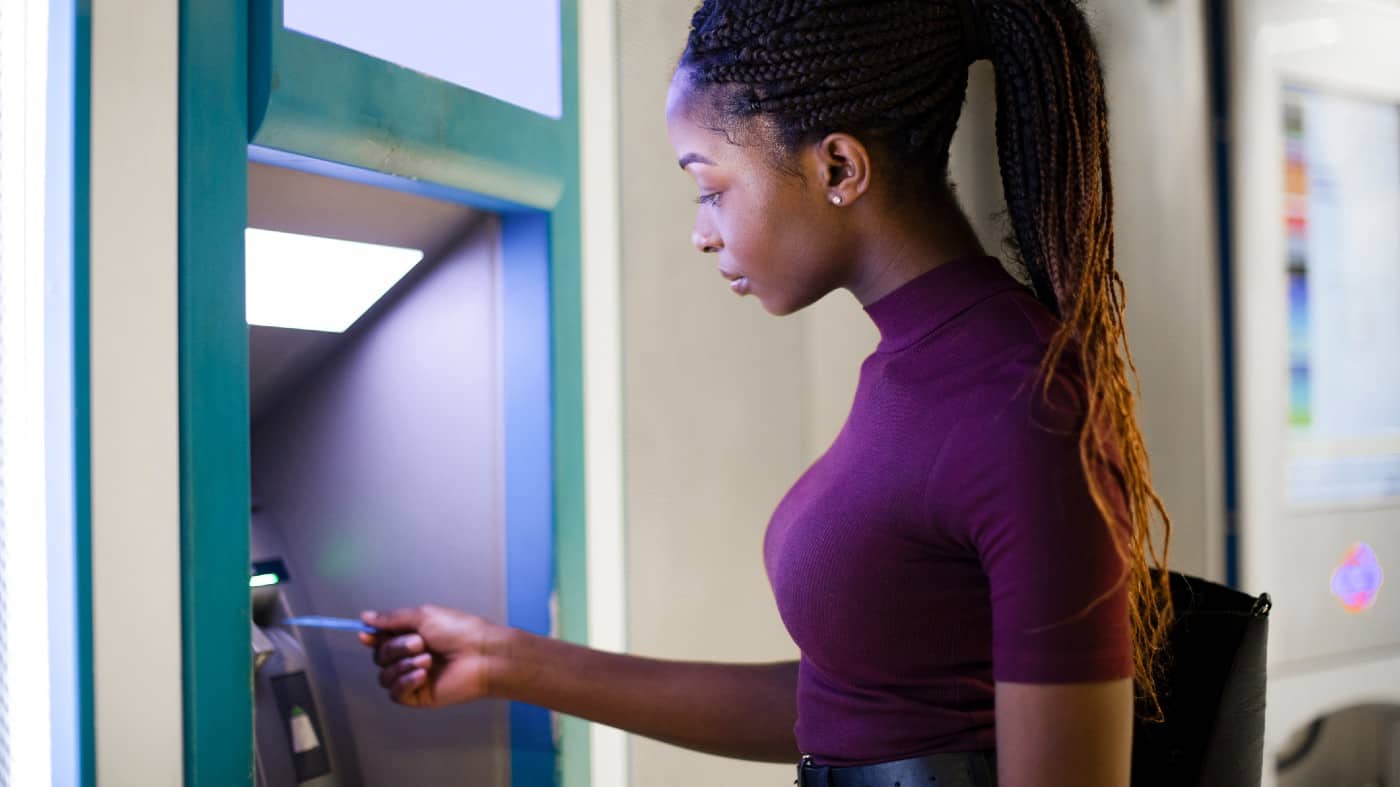Image source: Getty Images
I think investors looking to earn a second income should keep an eye on Unilever (LSE:ULVR) shares. A portfolio of strong brands in a defensive sector has a decent chance of providing durable dividends.
The trouble is, the share price climbing this year has caused the dividend yield to sink. But there’s a chance things might be different in 2025 and I think investors should aim to be ready.
Dividends
In 2023, the dividend yield on Unilever shares got close to 4%. Before that, it had been over 10 years since investors last had the opportunity to lock in that kind of passive income return.
Unilever dividend yield 2015-24

Created at TradingView
They can’t do it now. The stock’s up around 20% since the start of the year and the dividend now only accounts for around 3.2% of the current share price.
Unilever has a good record when it comes to increasing its dividend. But it’s fair to say the growth in recent years has been more steady than spectacular.
Unilever dividends per share 2015-24

Created at TradingView
That means it’s more important for investors who want to buy the stock to pay attention to the starting yield. And this falling over the past year as the stock rises makes the opportunity less attractive.
Inflation
The chance to buy Unilever shares with a dividend yield approaching 4% has only come around once in the last decade. But I wonder whether it might come back around in 2025.
Rising inflation in the UK has caused the Bank of England to be cautious when it comes to lowering interest rates. And this is something that could continue into next year.
Inflation’s about the balance between supply (goods and services) and demand (money). And while there’s a lot still to unfold, I can see factors that could push prices higher on both sides of the equation.
Businesses might well try to increase prices to offset costs from the Budget. At the same time, the higher National Minimum Wage could result in increased buying power for consumers.
Second chances
Investors should note that lower interest rates aren’t the only reason Unilever shares have been rising. The company’s done an impressive job of growing its core brands and divesting its weaker ones.
But there’s no guarantee higher-than-expected interest rates will cause the stock to fall to a level where the dividend reaches 4%. But I think investors should be alert to this possibility.
At the current level, I’m not convinced the return on offer’s high enough to offset the risk of consumers trading down. This is a constant challenge with products that have no switching costs – like Unilever’s.
High inflation could exaggerate this risk. But if interest rates stay higher than anticipated in 2025, then the stock could fall to a level where the investment equation becomes much more attractive.
Be prepared
Investing well involves being able to take advantage of opportunities when they present themselves. And dividend investors who missed out on Unilever shares in 2023 but have been considering them should make sure they’re ready in 2025.
It might take a big drop from today’s levels to get Unilever shares trading with a 4% dividend yield. But with the dividend set to increase next year, it could be more realistic than it looks.
Credit: Source link


![Just released: February’s lower-risk, high-yield stock recommendation [PREMIUM PICKS]](https://www.fool.co.uk/wp-content/uploads/2023/05/Ice-1200x675.jpg)










